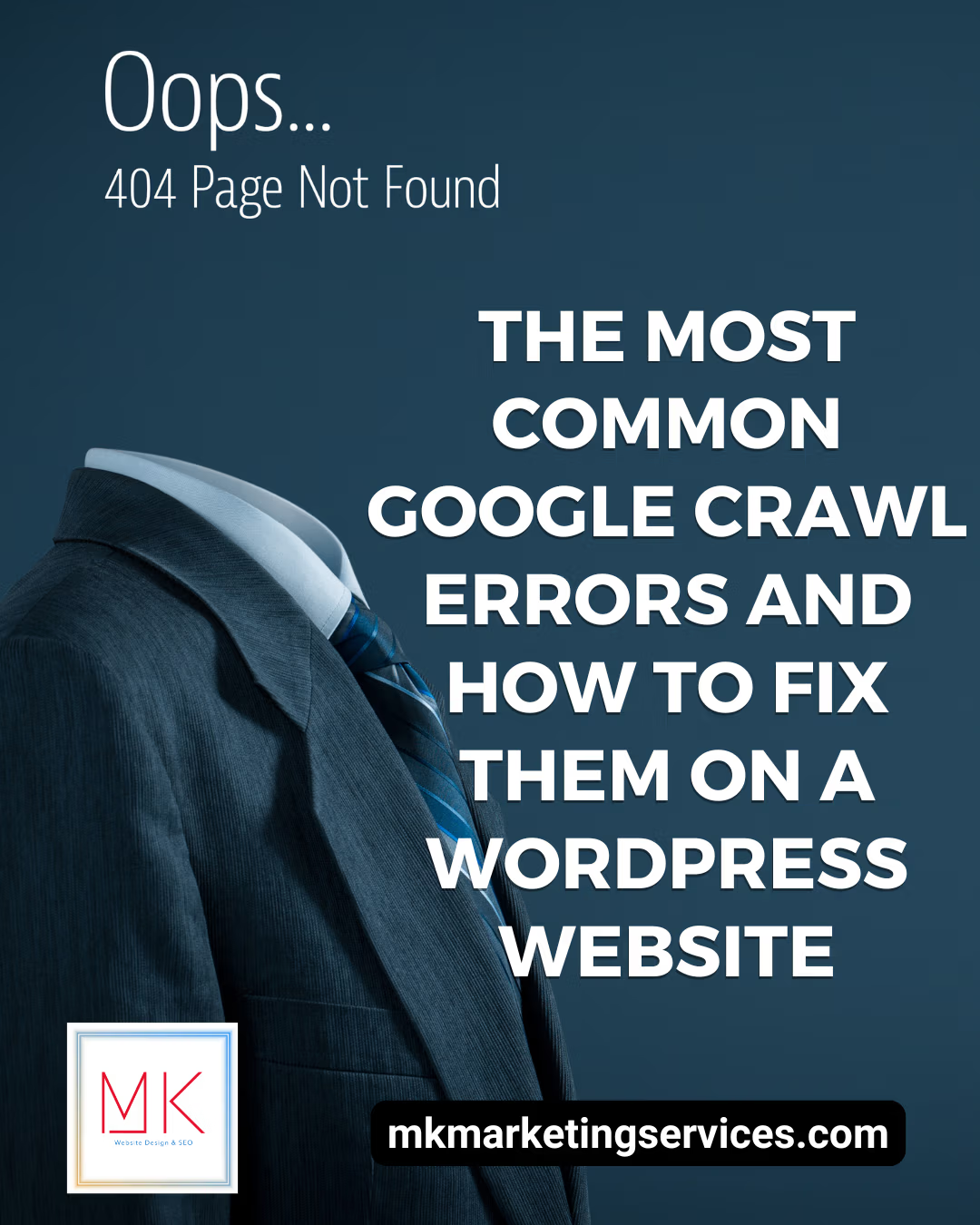In the competitive realm of SEO and digital marketing, data accuracy, anonymity, and efficiency are paramount. Marketers, data analysts, and SEO specialists require reliable tools that allow them to gather data without detection, access geo-specific content, and ensure continuous, uninterrupted operations. One such powerful tool is the rotating residential proxy, which offers a versatile and effective solution for various digital marketing needs. In this article, we will delve into how rotating residential proxies, such as those offered by rotating residential proxy, can significantly enhance SEO and digital marketing efforts.
Understanding Rotating Residential Proxies
A rotating residential proxy provides a pool of IP addresses assigned to residential users by ISPs (Internet Service Providers). Unlike datacenter proxies, which are easier to detect and block, residential proxies are less likely to be flagged because they appear as ordinary users’ home connections. What sets rotating residential proxies apart is their ability to change the IP address for each request or session. This rotation mimics natural user behavior, making it nearly impossible for websites to detect and block scraping or other automated activities.
Key Benefits of Using Rotating Residential Proxies in SEO and Digital Marketing
1. Overcoming IP Blocks and Avoiding Detection
One of the biggest challenges in SEO and digital marketing is the risk of IP blocks, especially when performing activities like web scraping, competitor analysis, or accessing large volumes of data from search engines. Websites often detect and block IP addresses that make too many requests in a short period. Rotating residential proxies effectively combat this by continuously changing the IP address with each request, making it difficult for websites to detect any unusual activity. This ensures uninterrupted data collection and allows marketers to perform their tasks without fear of being blocked.
2. Accessing Geo-Restricted Content
In digital marketing, it’s crucial to understand local trends, consumer behavior, and competitors in different regions. However, many websites restrict access to their content based on the user’s geographic location. Rotating residential proxies enable marketers to bypass these geo-restrictions by providing IP addresses from various regions around the world. This allows them to access region-specific content, gather localized data, and tailor their marketing strategies to different markets effectively.
3. Enhancing Web Scraping Efficiency
Web scraping is an essential technique for collecting data from websites, whether it’s for keyword research, competitor analysis, or tracking industry trends. However, scraping can trigger anti-bot mechanisms that block IP addresses making repeated requests. Rotating residential proxies distribute requests across multiple IP addresses, mimicking the behavior of multiple users and reducing the likelihood of triggering anti-bot mechanisms. This not only improves the efficiency of web scraping but also ensures that the data collected is accurate and up-to-date.
4. Improving Ad Verification
Ad fraud is a significant challenge in digital advertising, costing businesses billions of dollars annually. Rotating residential proxies play a crucial role in ad verification by simulating user interactions from different locations and devices. This allows marketers to verify that their ads are being displayed correctly, reaching the intended audience, and not being subjected to click fraud. By using rotating residential proxies, businesses can optimize their ad spend, improve ROI, and ensure the integrity of their digital advertising campaigns.
5. Conducting Competitor Analysis
Understanding your competitors’ strategies is vital for staying ahead in the digital marketing game. However, frequently visiting a competitor’s website from the same IP address can alert them to your activities. Rotating residential proxies allow you to monitor competitor websites discreetly, providing different IP addresses for each visit. This enables you to gather valuable insights into their pricing, promotions, content strategies, and customer engagement tactics without revealing your identity.
Implementing Rotating Residential Proxies in Your Digital Marketing Strategy
A. Selecting the Right Proxy Service
The effectiveness of rotating residential proxies depends largely on the quality of the proxy provider. Look for providers that offer a large pool of residential IPs, high-speed connections, and robust security features. A reliable service like rotating residential proxy ensures that you have access to a diverse range of IP addresses and that your data collection efforts remain secure and undetected.
B. Integrating Proxies with Marketing Tools
Many SEO and digital marketing tools support proxy integration, allowing you to use rotating residential proxies directly within these platforms. Whether you’re conducting keyword research, monitoring search engine rankings, or scraping competitor data, integrating proxies can enhance the efficiency and effectiveness of your tools. This integration is particularly useful for automating tasks that require large-scale data collection across multiple websites.
C. Rotating IP Addresses for Maximum Anonymity
To maximize the benefits of rotating residential proxies, it’s important to rotate IP addresses frequently. This practice not only distributes your requests across different IP addresses but also mimics the behavior of multiple users accessing the internet from different locations. Regular IP rotation reduces the risk of detection and ensures that your digital marketing activities remain anonymous and secure.
Best Practices for Using Rotating Residential Proxies
1. Adhering to Ethical Data Collection Practices
While rotating residential proxies provide the technical capability to gather data and analyze competitors, it’s important to adhere to ethical data collection practices and respect the terms of service of the websites you’re targeting. Unauthorized data scraping or accessing restricted content without permission can lead to legal issues and damage your reputation.
2. Monitoring Proxy Usage
Regular monitoring and management of proxy usage help ensure optimal performance and security. This includes checking for any unusual activity, managing IP address rotations, and ensuring compliance with data privacy regulations.
3. Combining Proxies with Other Security Measures
Proxies should be part of a comprehensive security strategy that includes firewalls, anti-virus software, and encryption protocols. This multi-layered approach ensures that all potential threats are addressed and mitigated, providing robust protection for your online operations.
Conclusion
Rotating residential proxies are a powerful tool for enhancing SEO and digital marketing strategies, offering benefits such as avoiding IP blocks, accessing geo-restricted content, improving web scraping efficiency, verifying ads, and conducting competitor analysis. By integrating rotating residential proxies into your digital marketing strategy, you can optimize your efforts, protect your online activities, and gain valuable insights that drive business success.
Choosing a trusted provider like rotating residential proxy ensures access to high-quality proxies that meet the specific needs of your digital marketing campaigns. As the digital landscape continues to evolve, leveraging the power of rotating residential proxies will remain a crucial component in achieving success and maintaining a competitive edge.













